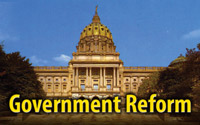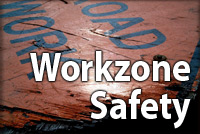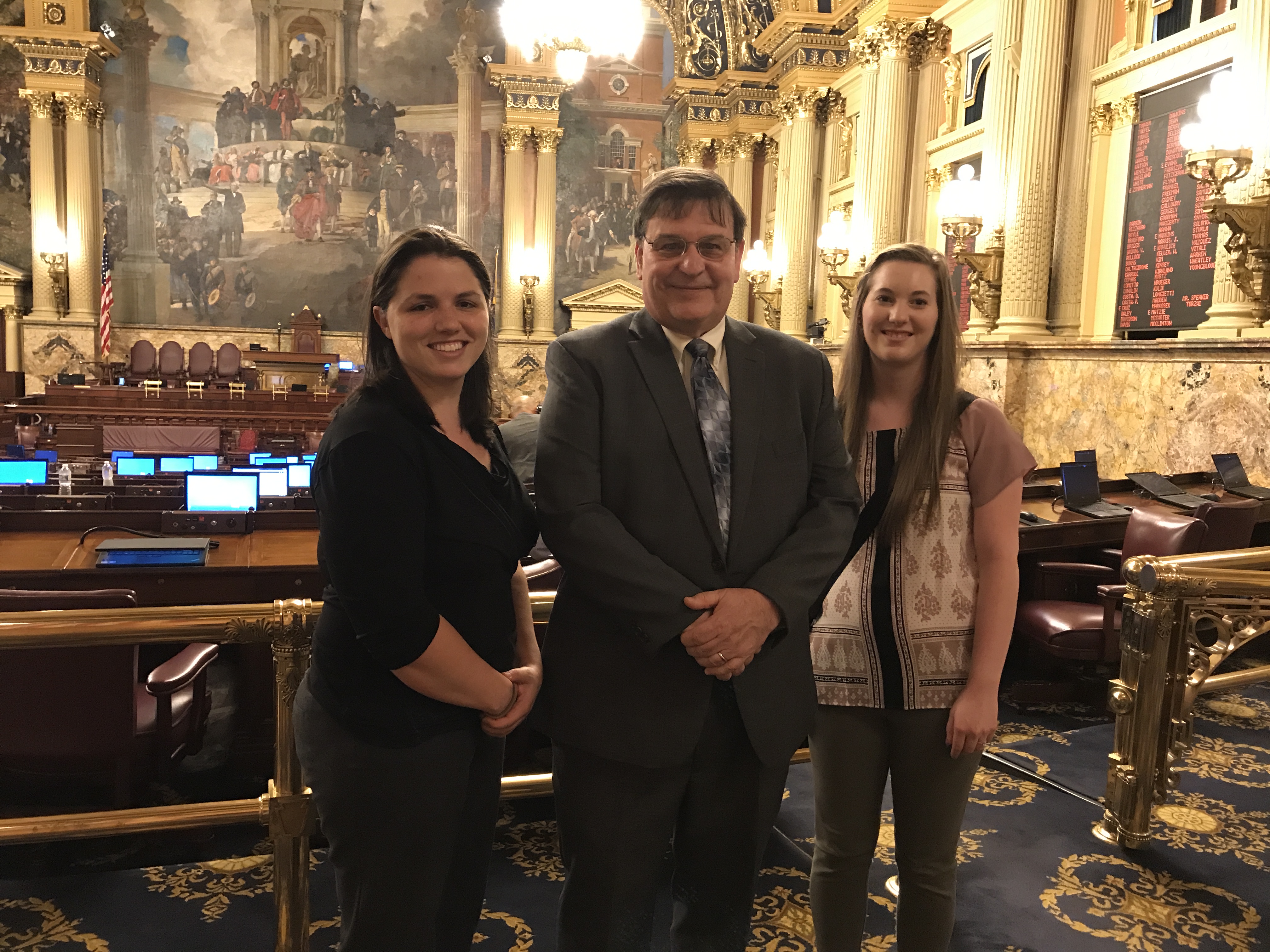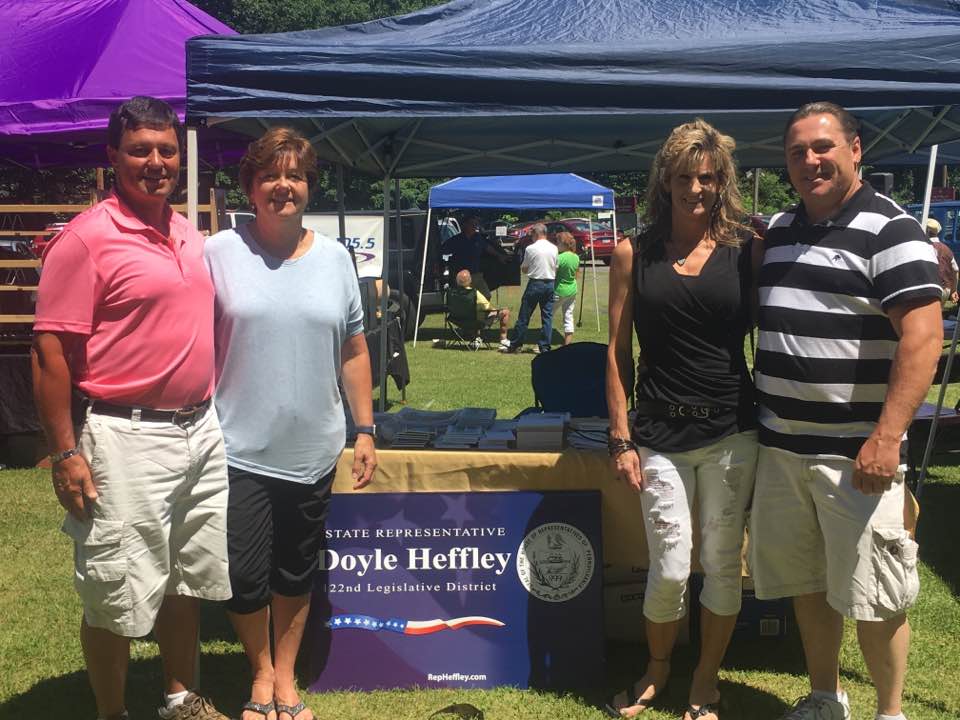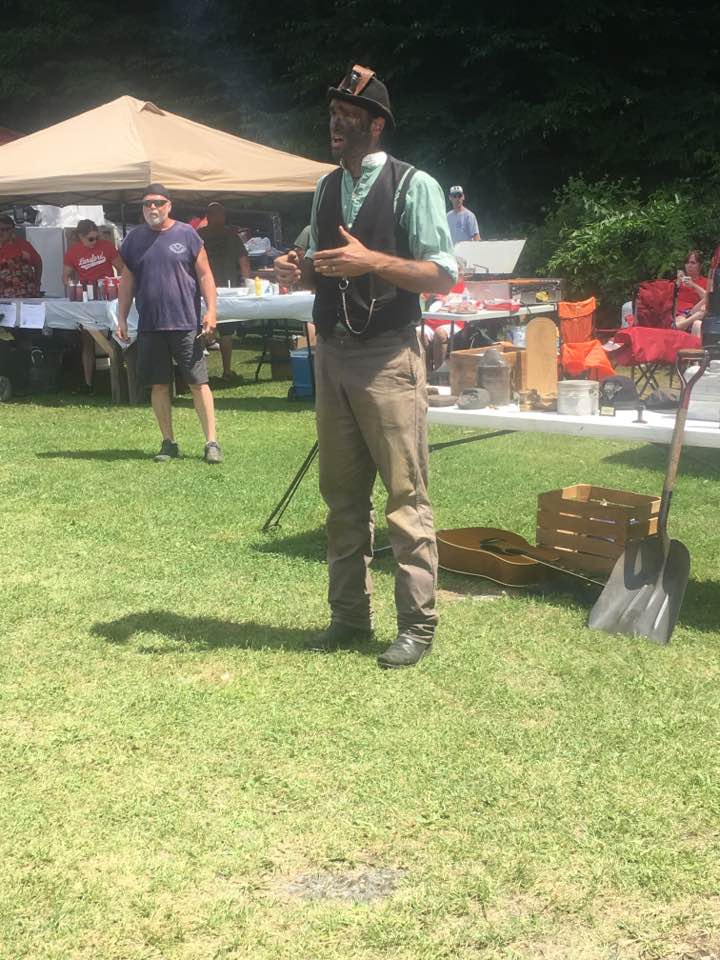Welfare Reform Measure Would Institute Work Requirements Among Other Cost-Savings
On Tuesday, I was pleased to support the advancement of substantial cost-saving welfare reform legislation (House Bill 59) which would establish work requirements for individuals on public assistance, while preserving the continuity of care for Pennsylvania’s most vulnerable citizens.
Expenditures for public health and welfare account for about 39 percent of our state budget. Unlike every other state in the country, Pennsylvania families are not required to pay Medical Assistance premiums and co-payments for their disabled children. These services are free, regardless of family income.
However, the disparity between the cost and funding of these benefits threatens our ability to provide these services. House Bill 59 would require minimal monthly premiums for Medical Assistance for wealthier families to ensure there is ample funding to provide this critical lifeline for those in greatest need.
For example, a family of four would be responsible for paying a reasonable monthly premium – beginning at $50 – when their income is at least $246,000. The fees would be established on a sliding scale, similar to how the Child Health Insurance Program (CHIP) works.
This change would save the Commonwealth about $6 million in the first year and would enable us to maintain the current level of service for the more than 1.2 million Pennsylvania children receiving Medical Assistance.
Another major reform in House Bill 59 aims to break the generational chain of dependency on public assistance. It would require reasonable work requirements for those on public assistance who have the physical and mental capacity to do so.
This requirement is substantially similar to many other welfare programs, including food stamps, which have a work requirement in order to be eligible. President Bill Clinton established a successful welfare-to-work program during his administration and the states that implemented it have experienced significant reductions in their welfare rolls.
Entitlement spending is one of the state’s consistently highest cost-drivers, and until we are able to get those costs under control, we will continue to have billion-dollar deficits. The reforms contained in House Bill 59 would simply help to bring these programs under reasonable control.
Budget Update: Continuing the Fight Against Higher Taxes
The $32 billion budget passed by the General Assembly in late June became law earlier this week, again without the signature of Gov. Tom Wolf. This is the third consecutive fiscal year budget to become law without the governor’s signature.
With the governor largely absent from negotiations, House and Senate Republicans have been working in good faith with his staff to reach an agreement on revenues to support the spending plan.
Presented with a variety of options, including proposed reforms to our state’s liquor sales system and gaming expansion, the administration has rejected each proposal, instead calling for new and increased taxes on hard-working Pennsylvania families or small employers.
Talks will continue until an agreement is reached.
Bill to Boost Fight Against Waste, Fraud, Abuse
Legislation that would ensure the future of the State Office of Inspector General has been passed by the General Assembly and is now awaiting the governor’s signature.
Recognizing the importance of its work to root out waste, fraud and abuse within the state’s welfare system and government as a whole, Senate Bill 527 would make the office a permanent part of state government. Currently, it exists only by executive order of the governor.
Under the bill, the Office of Inspector General would be granted subpoena power for its internal investigations and would be authorized to investigate and file criminal charges for certain welfare fraud crimes.
The bill also aims to promote the office’s independence. It outlines qualifications for the top post and provides a separate budgetary line item for the office. Finally, it ensures regular communications with the General Assembly.
The governor has indicated he will sign the legislation.
Improving Transparency in Lobbying
To improve transparency within the lobbying process, House Bill 1175 passed the House this week to better address lobbying violations and ensure the public has more information with respect to how lobbyists attempt to influence public policy.
The bill would increase the maximum penalty imposed by the Ethics Commission for an unlawful act from the current fine of $2,000 to $4,000. The bill also would increase the maximum administrative penalty that may be imposed for negligent failure to report under current law from $50 per day, to $50 for the first 10 days, $100 for each late day after the first 10 late days and $200 for each late day after the initial 20-day period.
Additionally, the bill would improve the current electronic filing system for lobbyists and require all filings to be posted on the Department of State’s publicly accessible website within seven days of receipt.
The bill now goes to the Senate for its review.
Staying Safe in Highway Work Zones
With the summer construction season in full swing, motorists are reminded to follow state law in highway work zones. Since 1970, 87 PennDOT employees have lost their lives in the line of duty.
In posted work zones, state law requires all motorists to travel with their headlights turned on. Drivers in vehicles with daytime running lights must turn on their headlights to activate their taillights. Interstate work zones with a project cost exceeding $300,000 will have a speed-monitoring device to alert motorists of their speed prior to entering the work zone.
In active work zones, a white flashing light attached to the “Active Work Zone When Flashing” sign will only be activated when workers are present. Motorists caught driving 11 miles per hour or more above the posted speed limit in an active work zone, or who are involved in a crash in an active work zone and are convicted for failing to drive at a safe speed, automatically will lose their license for 15 days.
Additionally, fines for certain traffic violations — including speeding, driving under the influence and failure to obey traffic devices — are doubled for active work zones. Five years of additional jail time may be imposed for individuals convicted of homicide by vehicle for a crash in an active work zone.
For more information on work zone safety, including safety tips, click here.
Local Residents Visit Capitol
I welcomed area residents Andrea Getz, Ed Bechtel and Erin Fegley to the Capitol this week. They were in town for a pharmacy association event. Thanks for visiting!
Scenes from the Coal Miners Heritage Festival
My office had a table at the 10th annual Coal Miners Heritage Festival, held in Lansford last weekend. Unfortunately, I was unable to attend due to legislative session in Harrisburg, but it looked like a beautiful day and a great event.
|

